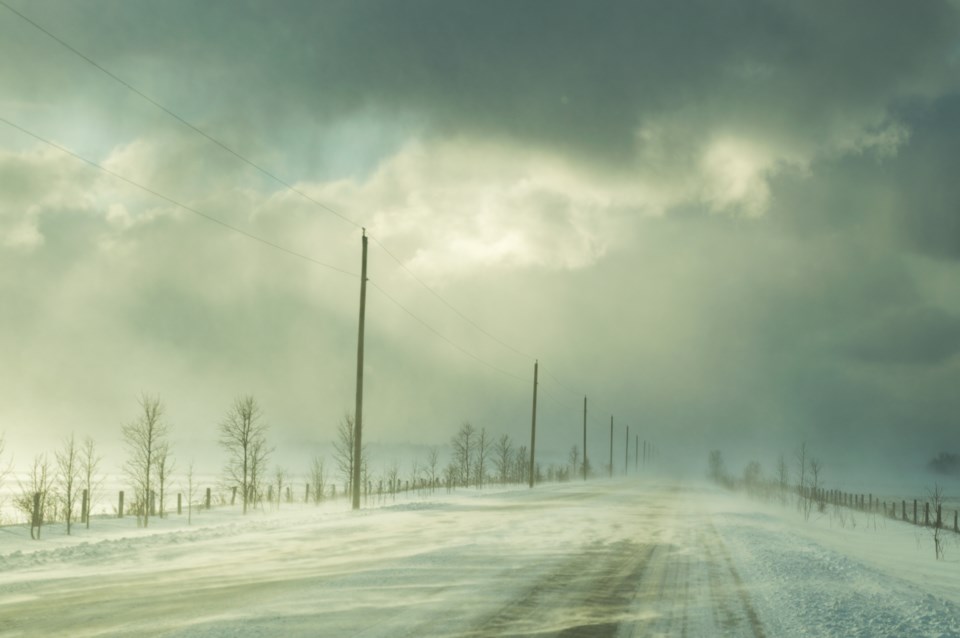WEATHER ALERT
ENVIRONMENT CANADA
*************************
Snow squall warning continued for:
- Agawa - Lake Superior Park
Current details:
Multi-day snow squall event continues.
Hazards:
Additional snowfall accumulations of 15 to 20 cm, with locally higher amounts possible.
Significantly reduced visibility due to heavy snow and blowing snow.
Timing:
Continuing through this morning.
Discussion:
Intense snow squalls will continue to affect portions of the region this morning. Snow squalls will shift south out of the region by early this afternoon.
Travel is expected to be hazardous due to reduced visibility. Rapidly accumulating snow could make travel difficult over some locations. Road closures are likely.
Prepare for quickly changing and deteriorating travel conditions. Consider postponing non-essential travel until conditions improve.
Please continue to monitor alerts and forecasts issued by Environment Canada. To report severe weather, send an email to [email protected] or tweet reports using #ONStorm.
Snow squall warning replaces snow squall watch for:
- Searchmont - Montreal River Harbour - Batchawana Bay
Current details:
Snow squalls expected beginning early this morning.
Hazards:
Local snowfall accumulations of 20 to 40 cm.
Significantly reduced visibility in heavy snow and blowing snow.
Timing:
Early this morning through Thursday morning.
Discussion:
Snow squalls are expected to move into the area early this morning and will be located mainly between Batchawana Bay and Montreal River Harbour. Snow squalls will drift south into Searchmont later this evening.
Travel is expected to be hazardous due to reduced visibility in some locations. Rapidly accumulating snow could make travel difficult over some locations. Road closures are possible.
Prepare for quickly changing and deteriorating travel conditions. Consider postponing non-essential travel until conditions improve. If you must travel, keep others informed of your schedule and destination and carry an emergency kit and mobile phone.
Please continue to monitor alerts and forecasts issued by Environment Canada. To report severe weather, send an email to [email protected] or tweet reports using #ONStorm.
*************************
